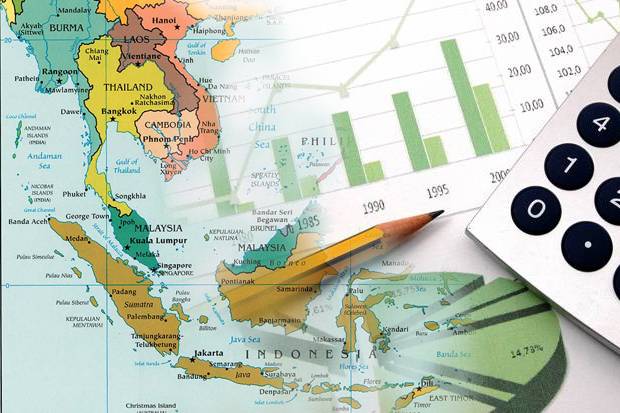Indonesia's economy is forecasted to grow by 5% in 2025, slightly below the 5.2% target set in the national budget (APBN 2025). While facing global and domestic challenges, key sectors are expected to play a vital role in driving economic growth.
Digital technology and e-commerce are expected to contribute significantly to economic expansion, with rapid advancements in digital platforms. The increasing use of e-commerce, coupled with the growth of digital services, is expected to boost Indonesia's digital economy, making it a core driver for 2025 growth. Moreover, the growing demand for renewable energy sources such as solar power and bioenergy is also forecasted to drive investment in green technology and sustainability efforts. These sectors are seen as pivotal for long-term economic resilience.
Indonesia's export-oriented manufacturing sector remains a crucial player, with industries such as electronics, automotive, and textiles showing competitive advantages in the global market. This sector is expected to maintain its role as one of the primary contributors to national growth. Additionally, the agriculture and agribusiness sectors continue to provide substantial contributions to both domestic consumption and export markets. Commodities such as palm oil and coffee remain essential to Indonesia’s economy, and the sector is expected to sustain its growth.
Post-pandemic tourism recovery is another promising area. As international travel resumes, Indonesia’s tourism sector is expected to fuel the creative economy, particularly in industries like fashion, music, and film. The resurgence of tourism will not only provide economic benefits but will also stimulate local industries, reinforcing Indonesia's diverse economy.
Infrastructure development plays a strategic role in the nation's growth. Projects like toll roads and industrial zones are crucial for enhancing national connectivity, facilitating trade, and supporting regional development. The government’s focus on infrastructure expansion aligns with the broader objective of improving economic efficiency and boosting competitiveness.
Lastly, financial technology (fintech) continues to make strides, especially in improving access to financial services for small and medium-sized enterprises (SMEs). With the government's initiatives to promote digital finance, fintech is expected to expand rapidly, providing greater financial inclusion and supporting entrepreneurship across Indonesia.
With government policies encouraging investment and the downstreaming of industries, these sectors are projected to be the driving forces of Indonesia’s economic growth in 2025.
Read More






 Tuesday, 17-02-26
Tuesday, 17-02-26







